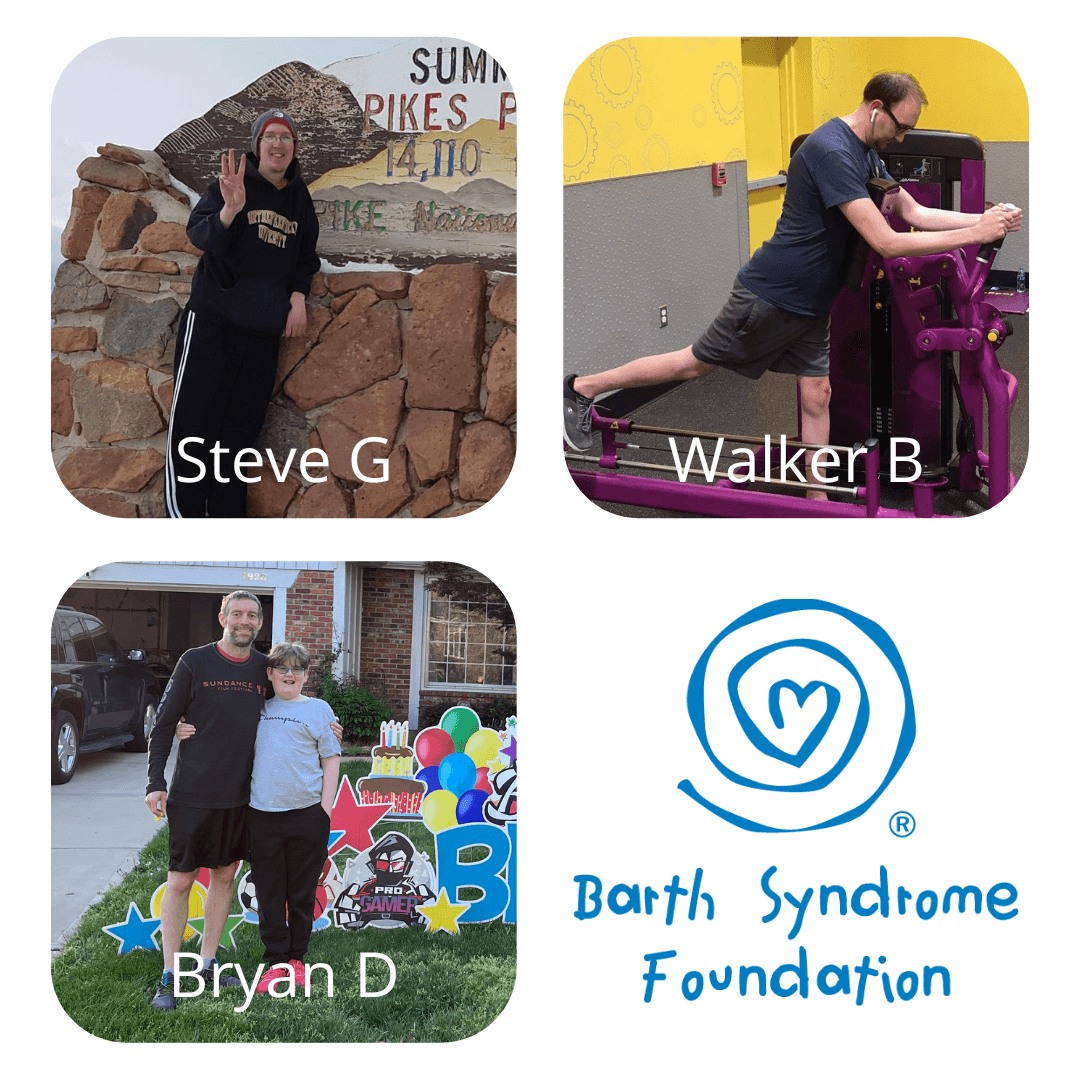
We at BSF express our heartfelt gratitude to Bryan D, Steven G and Walker B for recently meeting with legislators in their home States. All three volunteer ambassadors participated in a national campaign for better U.S. Food and Drug Administration (FDA) review processes for ultra-rare indications, like Barth syndrome.
Efforts by Bryan, Steve, and Walker were focused on greater transparency and consistency from the FDA, namely around the accelerated approval (AA) pathway, as it is crucial to Research and Development (R&D) efforts for Barth syndrome. This pathway allows the FDA to use a surrogate endpoint (“a marker, such as a laboratory measurement, radiographic image, physical sign or other measure that is thought to predict clinical benefit…”) to evaluate the safety and efficacy of therapies for serious conditions with unmet needs. Use of this approach advances potential therapies much more quickly, though it often requires a follow-on study to confirm the expected benefit. It is tailor-made for diseases that are so rare, like Barth syndrome, that it is extremely difficult, if not impossible, to recruit an adequate number of patients to prove statistically that a potential drug is conclusively beneficial. (For additional information, visit EveryLife Foundation’s website.)
Time is not a luxury for people with Barth syndrome, which makes the AA pathway a critical and ideal option for our community. Barth individuals continue to experience severely reduced quality of life and death much too young and much too frequently. “I’m lucky to be here,” said 35-year-old Steve G, “since so many people with this disease die very young.... If you are blessed enough to get to adulthood, you often require a heart transplant or suffer from debilitating conditions […] Taking two or three steps can cause shortness of breath, tiredness, and leg muscle pain.”
New hope for a Barth-specific therapy emerged when Stealth BioTherapeutics (Stealth) conducted the first-ever clinical trial for Barth syndrome using elamipretide, a new drug to potentially treat the syndrome. Unfortunately, after several studies, the company received a refusal-to-file letter from the FDA in October 2021, meaning that their New Drug Application (NDA) had not been allowed to advance to the next step under the AA pathway or other regulatory approval mechanism. “It’s incomprehensible that the drug has not been approved yet... I feel my words are falling on deaf ears with the FDA,” said Walker B, a trial participant. “I’ve used terms like the “old Walker” vs the “new Walker” as I truly feel like a new person after being on an experimental therapy for more than 4 years […] My energy, my strength, my quality life, even just the way I look at life now has completely changed […] I can’t fathom life without this drug.”
The inconsistent application of the AA pathway by regulators introduces unnecessary challenges and unpredictability in regulatory affairs for ultra-rare therapies, like elamipretide. It has also sparked the outrage of Barth constituents when the FDA defaulted to statistical values typical of larger indications required for full regulatory approval. “We simply cannot comprehend why FDA holds ultra-rare disease populations to the same definitionally impossible standards as they do with diseases like cancer that affect tens and hundreds of thousands of people,” said Bryan D, father of Abram who has Barth syndrome. “We need Accelerated Approval by the FDA to realize the first-ever life-enhancing therapy for our boys with Barth syndrome.”
Much remains to be defined about the future of the AA pathway as well as the Barth syndrome community’s access to elamipretide. Just recently, Stealth announced that a new meeting had been granted by the FDA to discuss the potential therapy’s future. We at BSF remain hopeful that the AA pathway will be actively considered as an option for elamipretide and all future therapies under development for ultra-rare diseases, and we will continue to work hard to make this a reality.
We again thank Bryan, Steve, and Walker and all those who are engaging on this vital issue. If you feel strongly that Barth syndrome deserves a chance at FDA, we encourage you to volunteer and become a State ambassador. Contact Shelley Bowen, BSF’s Director of Family Services and Advocacy, if interested.
Alternatively, please reach out to your legislators through the TAKE ACTION links on the Barth Syndrome Foundation Legislative Advocacy webpage.



